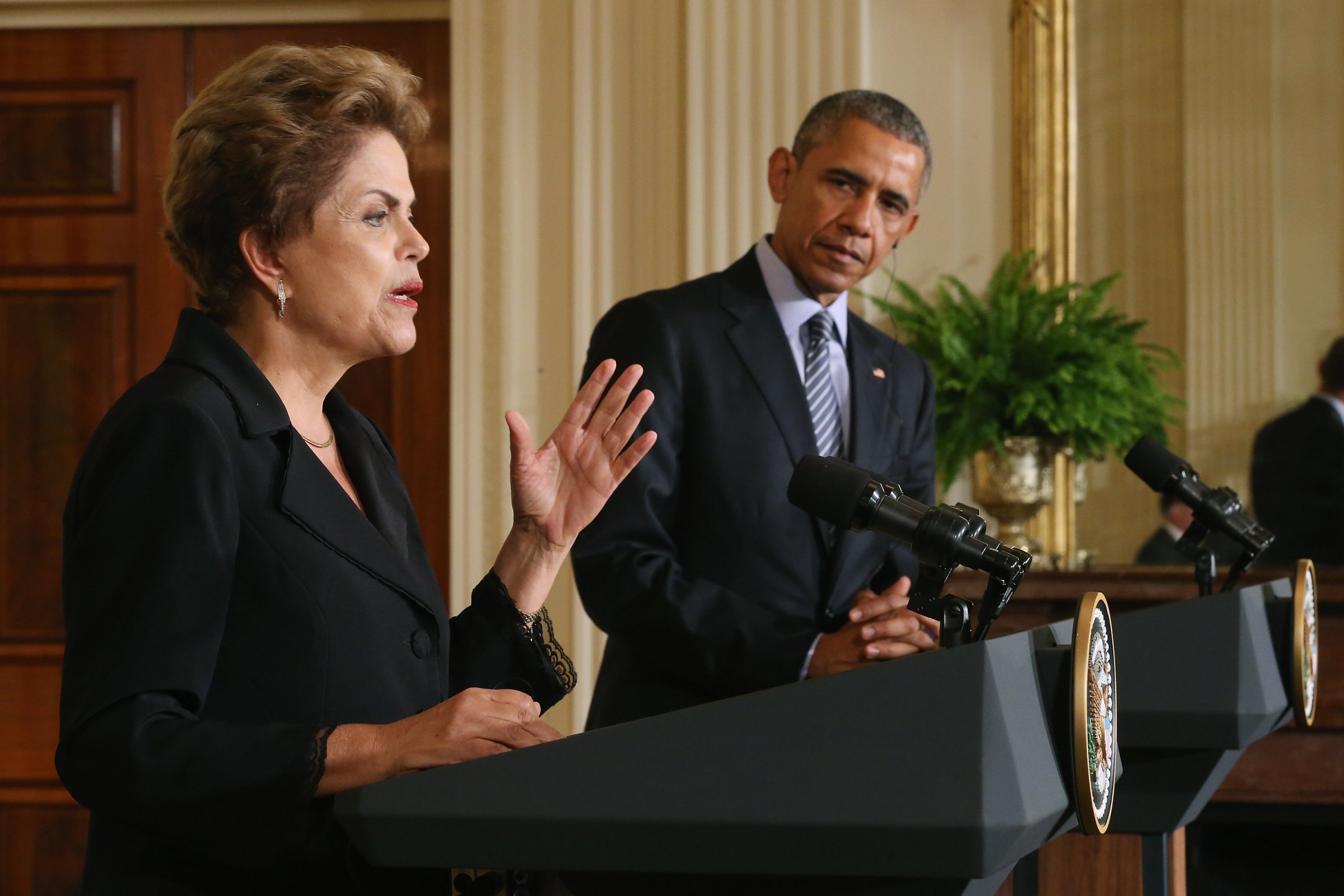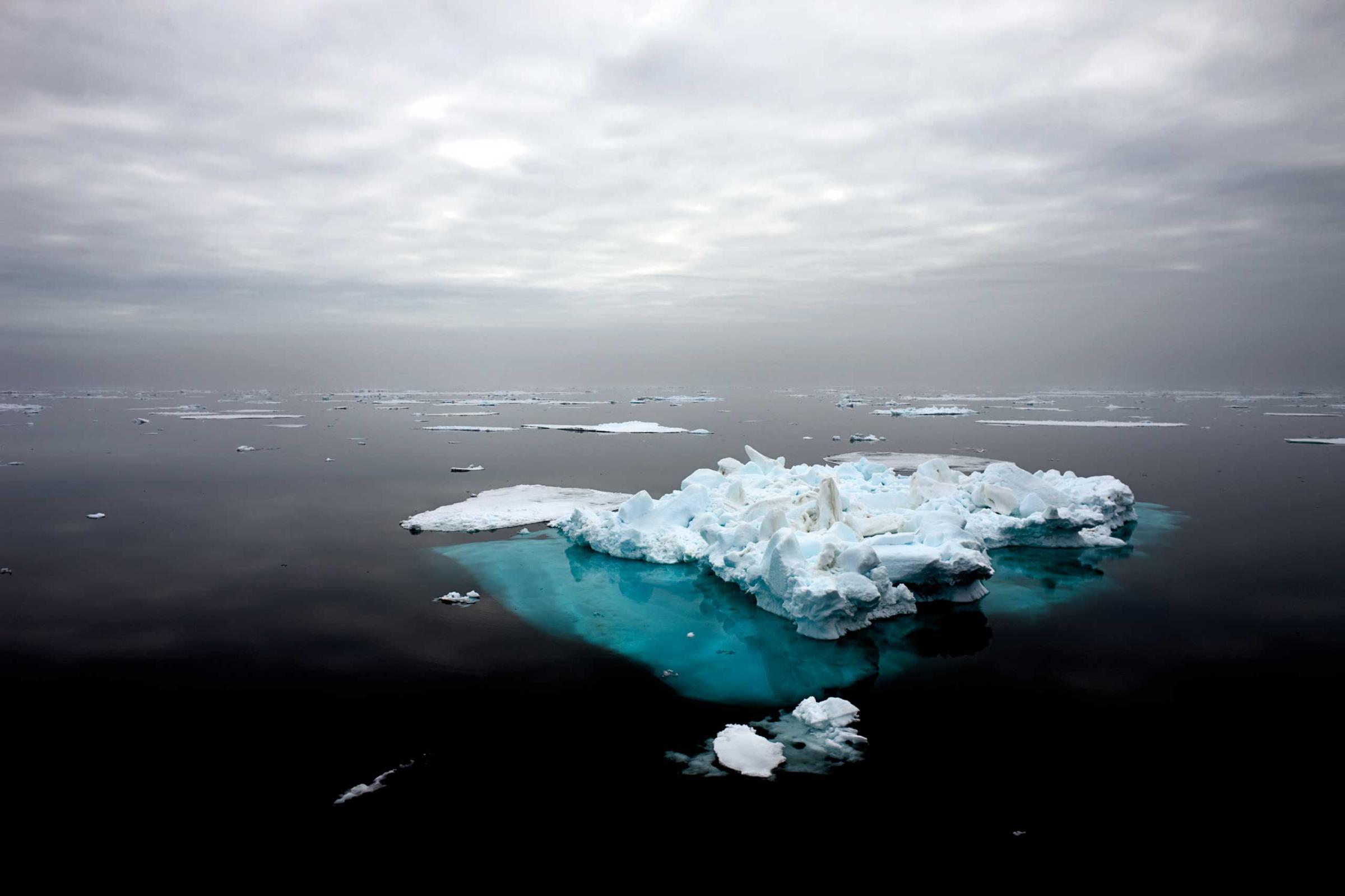
The United States, China and Brazil all made new commitments to combat climate change Tuesday, in advance of a landmark United Nations conference on the issue in December.
The U.S. and Brazil pledged to increase production of electricity from renewable sources to represent 20% of electricity production by 2030. That’s three times as much renewable energy as the U.S. currently produces and twice as much as is produced in Brazil, according to the White House. Brazil also announced new measures to curb deforestation.
Brian Deese, senior climate change adviser at the White House, told reporters on a conference call that the joint announcement “substantially elevates and builds” on climate progress and “should provide momentum moving into our shared objective of getting an agreement in Paris later this year.”
In a separate announcement, the Chinese government said it would aim to have carbon emissions peak in 2030. By that date, the country hopes to see a nearly two-thirds reduction in so-called carbon intensity—a measure of the amount of carbon emissions per unit gross domestic product, compared to 2005 levels.
Melting Away: One Photographer's Journey to Preserve the Polar Regions










“China’s carbon dioxide emission will peak by around 2030 and China will work hard to achieve the target at an even earlier date,” Chinese Premier Li Keqiang said on Tuesday in France, according to The Guardian.
The announcement from the U.S. and Brazil came during a meeting between Brazilian President Dilma Rousseff and U.S. President Barack Obama. The Chinese announcement came following a meeting of Li and French President Francois Hollande.
Tuesday’s commitments are intended to position the China, the U.S., and Brazil as leaders in combatting climate change ahead of December’s climate change conference in Paris. Many environmental activists hope that the gathering will lead to a binding agreement to significantly reduce carbon emissions to combat climate change.
The U.S. said earlier this year that it plans to reduce carbon emission by 26% to 28% below 2005 levels by 2020.
More Must-Reads from TIME
- Inside Elon Musk’s War on Washington
- Meet the 2025 Women of the Year
- The Harsh Truth About Disability Inclusion
- Why Do More Young Adults Have Cancer?
- Colman Domingo Leads With Radical Love
- How to Get Better at Doing Things Alone
- Cecily Strong on Goober the Clown
- Column: The Rise of America’s Broligarchy
Write to Justin Worland at justin.worland@time.com